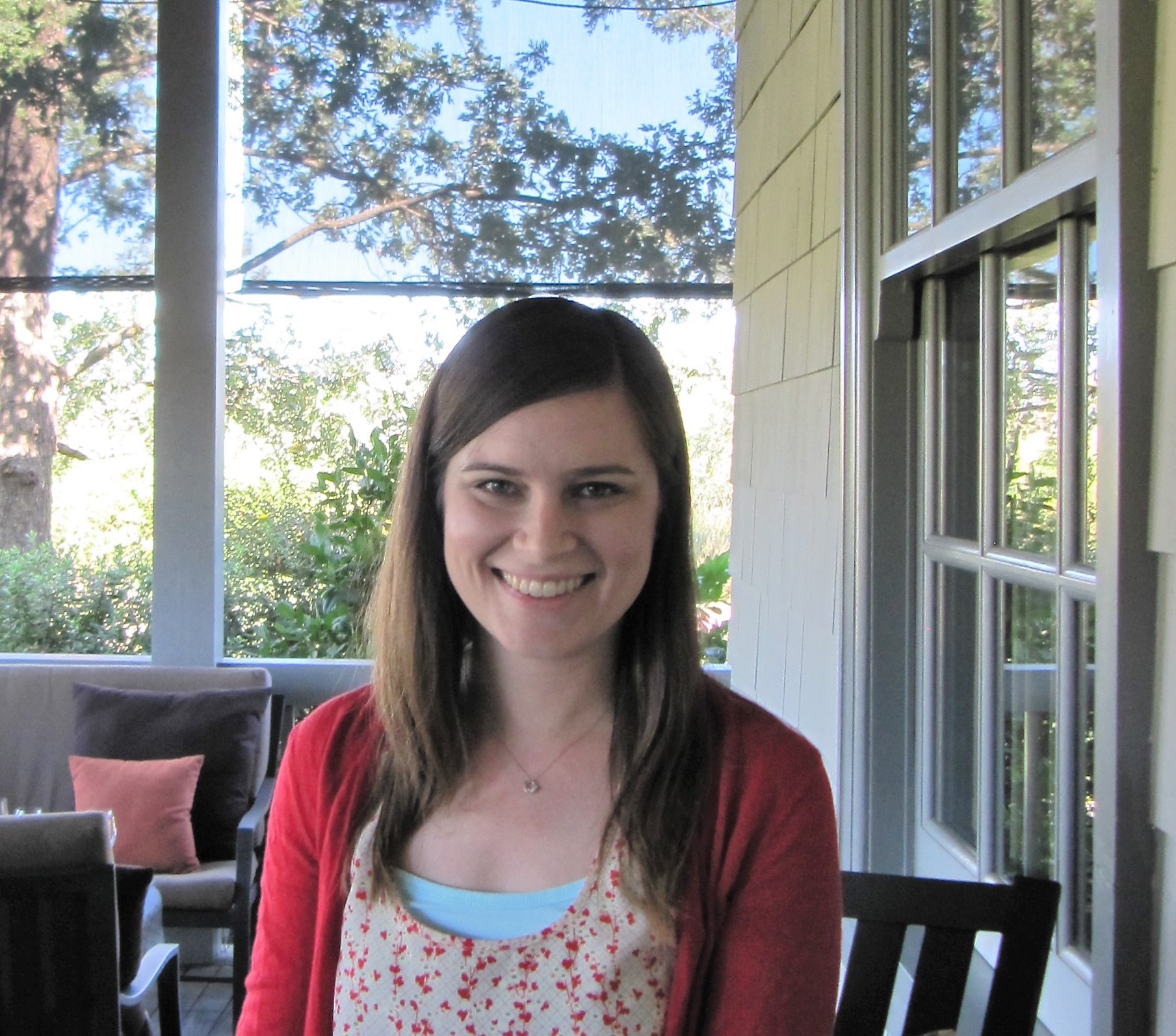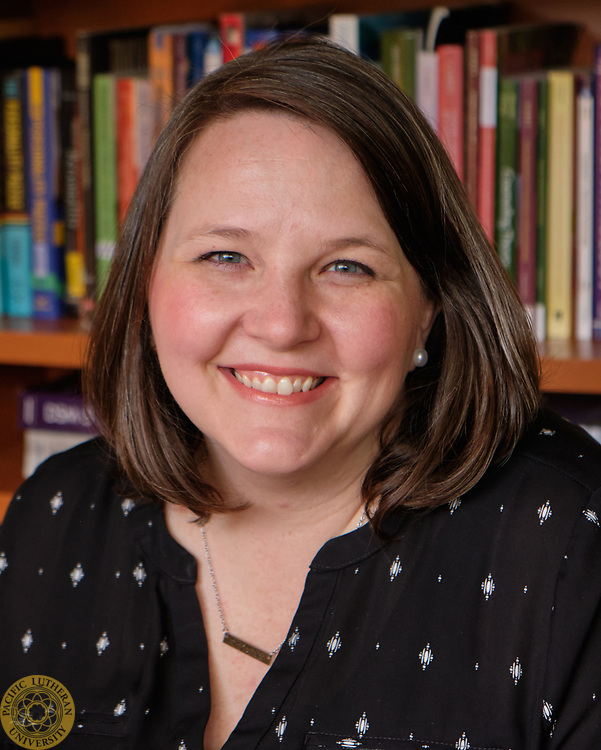Dissemination & Implementation Science
Need and Openness to Implementation of Trauma-Focused Therapies: Survey of Clinicians in University Counseling Centers
(PS5-C74) Need and Openness to Implementation of Trauma-focused Therapies: Survey of Clinicians in University Counseling Centers

Katherine R. Buchholz, Ph.D.
Associate Research Scientist
Wellesley Centers for Women
Wellesley, Massachusetts- JV
Jade Vanags, B.A.
Undergraduate Student
Pacific Lutheran University
Evergreen, Colorado 
Tiffany Artime, Ph.D.
Associate Professor
Pacific Lutheran University
Tacoma, Washington
Author(s)
Co-Author(s)
College students could benefit from access to evidence-based trauma-focused therapies through University Counseling Centers (UCCs). It is estimated that 52-85% of college students have experienced at least one traumatic event (Frazier, et al., 2009). Trauma-related mental health concerns impact academic success, retention of students, and interpersonal functioning in the college setting, and trauma-exposed students are more likely than the general student population to seek mental health services (Artime, et al., 2019). One survey found that 97.9% of UCC clinicians treat students with PTSD (Wilkinson, Infantolino, & Wacha-Montes, 2017). Additionally, UCC resources are increasingly strained due to increasing demand and severity, even more so since the start of the COVID-19 Pandemic (Xiao, et al., 2017). UCCs are one of the primary sources of mental health services for college students providing free or low-cost individual and group therapy. However, UCCs have been slow to adopt evidence-based treatments (EBTs) as a standard for practice (Cooper, Benton, Benton, & Phillips, 2008), and as few as 6% are using treatments for PTSD with strong evidence for their effectiveness (Wilkinson et al., 2017). Barriers to implementation of EBTs in UCCs include academic breaks during the year, UCCs using a short-term model, session limits as low as 3-6 sessions, and clinician skepticism to manualized treatments.
In preparation for an implementation project, we recruited 35 UCC directors (n = 27) and clinicians (n = 8) through listservs to complete a survey in the fall/winter of 2022-2023 to understand current trends in trauma focused UCC services. Participants represented a wide range of clinical training (masters’ and doctoral) and theoretical orientations which included cognitive (n = 18), solution-focused (n = 14), multicultural (n = 13), behavioral (n = 13), and strength-based (n = 12). Twenty-four participants indicated that their clinic always assessed for trauma, and 20 participants reported that 50% or more of their student clients are seeking therapy for trauma-related concerns. Just under a third of participants (n = 11) reported using Trauma-Focused Cognitive Behavioral Therapy with their student clients, six participants stated they used Cognitive Processing Therapy, and five used Eye Movement Desensitization and Reprocessing (EMDR). The EBTs most preferred for future training were Skills Training in Affective and Interpersonal Regulation, Narrative Exposure Therapy, and EMDR. The Evidence Based Practice Attitude Scale (EBPAS) was completed by 30 participants to assess their willingness to adopt evidence-based therapies in their UCC. The overall mean EBPAS score was 2.66/4 (SD = .42) suggesting a fair attitude towards adopting new EBTs. Subscale scores suggested that this group of participants were not concerned with perceived limitations of evidence-based therapies. They were likely to use a new therapy if it seemed appealing, they had enough training, and it felt like it was a good fit for their clients and treatment philosophy. Participants did not believe it would be a burden to learn a new EBT. Given these findings, there is high need and openness for EBT implementation in UCCs to scale up and scale out the reach of trauma EBTs.

